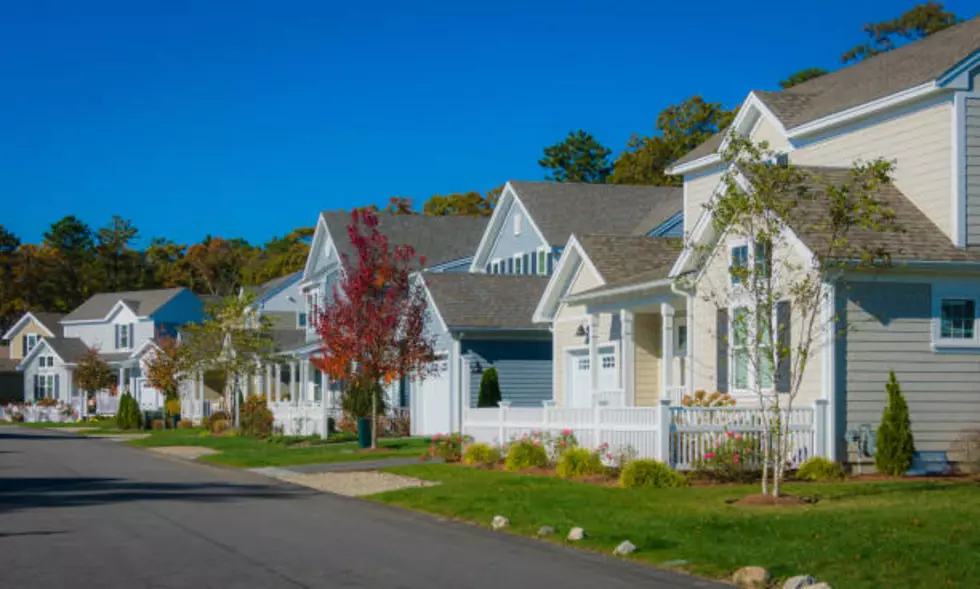
Massachusetts Allergy Sufferers Bracing for Brutal Season, Here’s Why
If you live in Massachusetts and suffer from allergies the change in seasons from Winter to Spring can be one of the worst times of the year.
Massachusetts residents and the rest of their New England neighbors deal with uncomfortable symptoms like a runny nose, itchy eyes, and general annoyance. It's simply par for the course in late March and early April. However, if you live in Massachusetts and you've found yourself saying, "man, my allergies have been worse than ever this year," you're not wrong.
Experts say that multiple factors contribute to this year's awful allergy season. The first of those is the wet, rainy weather Massachusetts has seen early in the spring season. According to CBS, Massachusetts is experiencing one of its rainiest years on record, the eighth rainiest to be exact.
April showers bring May flowers which will cause all of our pollen counts to be higher and aggravate our allergy symptoms...We've certainly seen that the spring season has increased in length over the last two decades. There's not as much cold weather anymore and not as much frost. And so things are pollinating. Pollen concentrations are higher
Dr. Aleena Banerji, Clinical Director, Allergy and Immunology Unit at Mass General
via WBZ News
A recent study also points to global warming as a contributing factor in the early onset of higher pollen counts than normal, leading to worse-than-normal symptoms for not just allergies, but asthma sufferers as well.
The intensity of the symptoms has increased, which means what used to be responsive to maybe just one pill used sporadically now requires absolutely an allergy pill but also maybe a nasal anti-inflammatory steroid spray as well
Dr. John Costa
Medical Director of the Allergy and Clinical Immunology Division, Brigham and Women’s Hospital
Over the past two decades as temperatures have increased due to climate change, the start of allergy season in Massachusetts and the rest of the United States is beginning earlier and the amount of pollen during the season has increased. Not only has this been brought on folks who annually deal with allergies, but the increase is causing new symptoms altogether for others, according to scientists.
The studies also suggest that it's not just allergy season in 2024 that will be affected, That trend is projected to increase as average temperatures continue to rise, but could be reversed if humans can reduce carbon emissions, allergists say.
LOOK: Best counties to raise a family in Massachusetts
Gallery Credit: Stacker
More From WBEC AM








